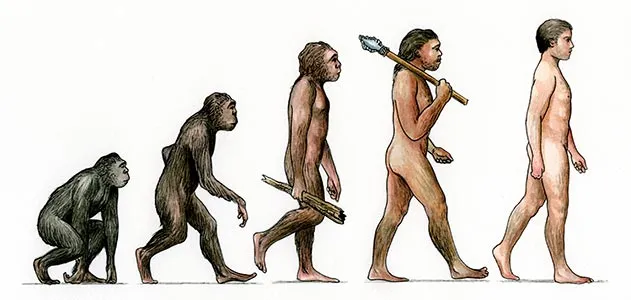Sugar Land, TX
The theory of evolution, first proposed by Charles Darwin in the 1800s, is a revolutionary milestone in biology. The theory centers on how species change over time through a process called natural selection. The diversity we see today in life is the result of changes and adaptations over millions of years.
Natural selection is a core component of the theory of evolution, referring to the process where organisms containing favorable traits are more likely to survive and reproduce, passing the favorable traits to their offspring. Generations pass, and these advantageous traits become more common, leading to the evolution of a new species or a modification of the existing species. Genetic mutations play an important role in variations that natural selection can act upon. Also, gene flow and genetic drift can influence evolution.
Gene flow is the movement of genetic material between populations through migration, interbreeding, or other means, leading to the exchange of alleles. This process contributes to genetic diversity and reduces genetic differences between populations. Genetic drift, is the random fluctuations of allele frequencies in a population over time. In small populations, genetic drift can have a significant influence by reducing genetic diversity.
The theory of evolution is backed up by a large amount of evidence from a variety of studies and fields. Fossils show a chronological record of past life forms, containing transitional forms that demonstrate how species have changed over time. Comparative anatomy illustrates similarities between different species, demonstrating the existence of common ancestry. Embryological and molecular biological studies also reveal numerous amounts of evidence we have on this principle. As we look to the future, the theory of evolution remains a great milestone, guiding and inspiring us to further unravel the history and diversity of life.

Check out STEM-Es Awesome Opportunities!


